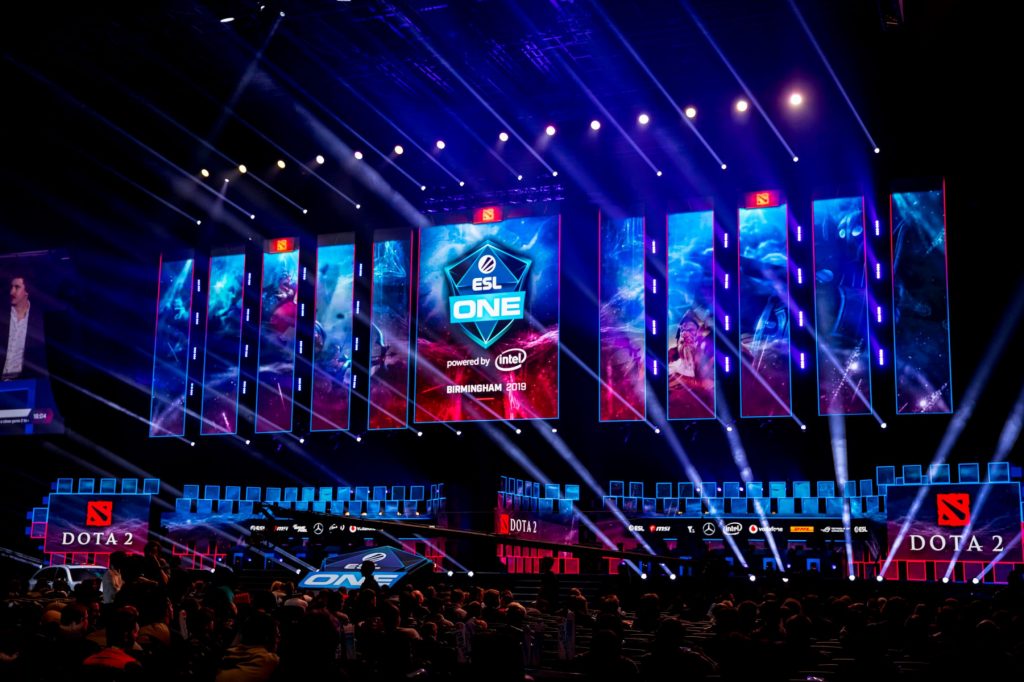In response to the difficulties caused by the pandemic, the esports industry, which has continued to develop rapidly since 2011, saw a variety of changes made to maintain its growth. Ranging from switching tournament formats to redesigning whole circuit systems, many of the adjustments are still in effect.
To understand how these changes affect the industry, in-game trading platform Eldorado.gg takes a closer look at trends that have developed — and continue to develop — in esports during the pandemic.

RELATED: Study suggests significant demand for post-pandemic live esports events
Online competition and its effects
In-person tournaments and live events are a crucial part of any traditional sport, with esports being no exception. Some of the biggest esports events, such as the League of Legends World Championship or Intel Extreme Masters, exceed many major sporting events in both their grandiosity and production value. There is a certain uniqueness to esports events; a singular style that no other sport has.
But due to safety restrictions, the majority of esports tournament organisers had to take the resolute step to transfer their competitions online. Some, including ESL, went further and completely reworked their circuit formats. Additionally, a great portion of global major events had to be split into regional divisions.
In comparison with traditional sports, which were for a while cancelled completely, the esports industry doesn’t appear to be affected as much. Tournament organisers have found ways to keep esports competitions going, and viewership numbers on platforms like Twitch are rising faster than ever.
Data from Statista show that after the first wave of lockdowns enforced by countries around the world in March 2020, Twitch experienced a 10 percent increase in viewership across various esports channels, compared to the figures from the previous week. This trend maintained throughout the year.
Indeed, the esports industry has seen an influx of non-endemic brands trying to get their piece of the pie. A number of giants among companies, including Gucci, IBM and Chupa Chups, have entered esports last year through strong partnerships — that in the end all contribute to esports’ growth.

RELATED: ESL to host Wild Rift tournaments in Malaysia and Thailand through 2021
Decreased revenue
Given these points, it might seem as if the pandemic has helped esports thrive. In some ways, it has. The increased viewership and engagement numbers, together with growing audiences, are a direct result of people across the globe having to spend most of their time at home.
However, no one comes out of a pandemic a winner. Live esports events form a significant part of the industry’s revenue and provide more exposure opportunity for sponsors. Without them, the industry suffered financial loss.
According to Newzoo, the total esports revenues in 2020 reached $950.3m (~£692m), which is 0.8 percent less than 2019. For comparison, Newzoo’s estimate at the beginning of 2020 was $1.1bn (~£800.8m). The analytics firm states that this has nothing to do with decreased demand or supply, but is rather a result of many events being postponed, cancelled or moved online.
Furthermore, the inability to hold large events has ultimately led to a series of other issues. Because the online tournament format has its technological limitations, major esports leagues had to be split into regional divisions, which, in some cases, might severely impact the dynamics of the esports scene.
Professional CS:GO is a good example of this. With most of the prominent teams residing in Europe, the North American region has been ‘left behind’. The lack of competition in the region resulted in several North American esports organisations, including 100 Thieves and Chaos, stepping away from CS:GO completely. Others picked up European rosters or moved their rosters to Europe. Fewer notable teams being involved might lead to a decrease in viewership of a given esport in a particular region — such as CS:GO in NA.
It is true that the esports industry hasn’t been affected by the pandemic as heavily as others and has even benefited from it in certain ways — particularly esports betting. However, it didn’t avoid damage completely. It may not be as visible now, but the longer this situation continues, the bigger the impact of the pandemic on esports will be.
Supported by: Eldorado.gg

